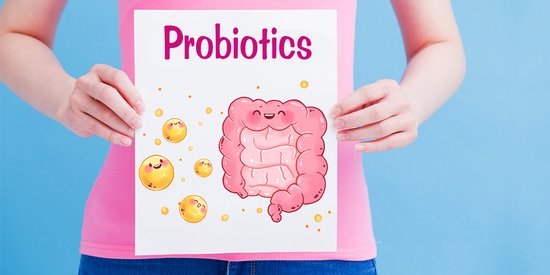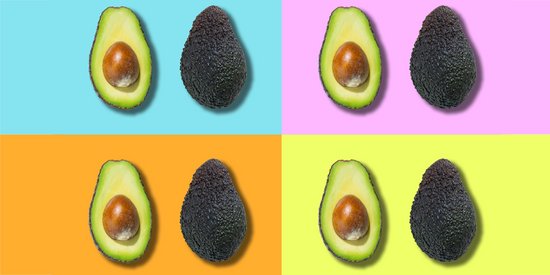Probiotics are being talked about an awful lot!
Even if you have never used probiotics, you have probably heard of them. They are celebrity endorsed and fill the shelves of our supermarkets and drugstores.
As a reminder, probiotics are microorganisms (bacteria) living in our digestive system in a natural way and sometimes can be consumed through fermented foods (milk, yogurt, etc.) or in the form of food supplements, in order to renew our intestinal flora. More and more studies show that the balance or imbalance of our microbiota has an influence on our general state of health.
However, it is always better to get nutrients from food. Yogurt is made by fermenting milk with different bacteria, which are left in the final product. Other foods fermented by bacteria, such as sauerkraut, kombucha, and kimchi, are also good sources of probiotics.
In some cases, probiotics from foods or dietary supplements can help people with irritable bowel syndrome, Crohn's disease, or other health problems. But they can also be harmful if misused or combined with other medicines.
Like vitamins, probiotics are available as supplements. Manufacturers make very specific claims about their benefits. These include digestive health, strengthening the immune system, weight loss, and reduced cancer risk. But can a supplement really do all of this?
Improved digestion: TRUE
The signs of poor digestion are often accompanied by diarrhoea, feelings of being bloated, constipation. In these cases, probiotics reduce inflammation in the gut and are quite effective. Certain strains of lactic acid bacteria do aid digestion. They naturally complement the existing microbiota and serve to reconstitute the intestinal flora. These bacteria are therefore beneficial for digestion and protect the intestines from attacks by microorganisms which are harmful to health. By considerably improving the quality of the intestinal flora, probiotics make it possible to regulate intestinal transit and thus considerably improve any digestion problem.
Strengthen your immune system: TRUE
Let us assume that 70% of immune cells are in the gut. Therefore, taking care of your digestive system strengthens your immune system.
Probiotics can help boost and strengthen your immune system. In addition, recent studies have shown that certain probiotics promote the production of natural antibodies in the body. They can also stimulate immune cells such as immunoglobulin A-producing cells and lymphocytes.
We need to eat several billion regularly, to ensure that good bacteria pass through the filters of our digestive system (stomach acids, enzymes in the small intestine), allowing them to act effectively. This number may seem almost improbable but be aware that some dairy products contain this high concentration of good bacteria individually.
While there is no way of knowing whether our gut microbiota can provide direct protection against COVID-19, we do have evidence that there is a very close relationship between the microbiota and the immune system. In humans, a healthy and balanced microbiota promotes immune homeostasis*, thus preventing the hyperresponsiveness of the immune system, said Joël Doré, Director of Research at INRAE, in an email.
Protection against respiratory infections: TRUE
We all know that the respiratory system is the primary target of COVID-19 and that the new strain of coronavirus (called SARS-CoV-2) weakens the airways of patients, from the nose down to the lungs.
Probiotics could improve the health of patients by regulating their immune function. Some trials have shown that strains of probiotics can prevent respiratory infections. Probiotics by strengthening our immune system, prevent us from certain winter ailments, or shorten their duration. Indeed, clinical trials have shown that certain strains of probiotics can prevent respiratory infections. Some scientists have found that taking probiotics reduces the likelihood and duration of respiratory infections. Certain strains are thought to decrease the duration and severity of respiratory infections and flu-like symptoms and other colds, especially in children and the elderly.
Weight loss: TRUE
Lactobacillus Gasseri supplementation could promote weight loss. According to the results published in the medical journal International Journal of Obesity, the gut microbiota is important for maintaining body weight. Modulation of the gut microbiota by probiotics can lead to weight loss and thus contribute to the treatment of obesity.
Probiotics can help with weight loss through several different mechanisms. That is, some probiotics prevent the absorption of dietary fat through the intestine. The fat is then naturally evacuated rather than being stored. They also appear to have a faster satiety effect during meals.
There are many benefits given to probiotics, however, be aware that it takes 100 million to 1 billion probiotic microorganisms in the gut for you to experience its health benefits. Not all probiotics work the same. Probiotics must be carefully selected to deliver all their benefits.
As always, when considering taking a supplement, talk to your doctor first.








